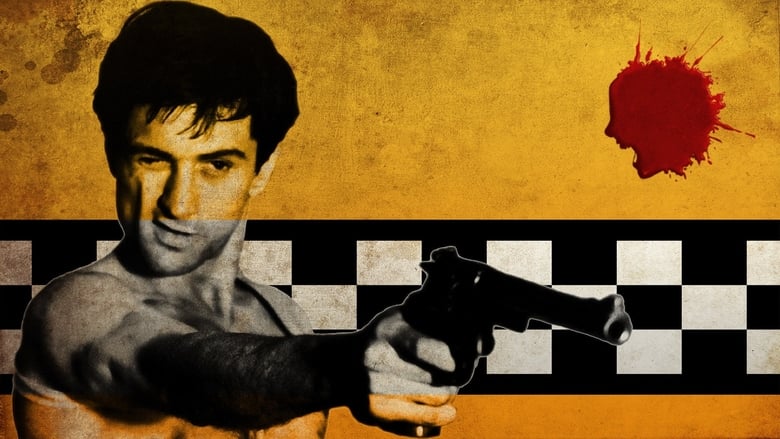best movies featuring misanthropic characters
Explore the darker side of human nature with films that delve into the themes of distrust and dislike for humanity. This list highlights compelling cinematic portrayals of misanthropic characters.
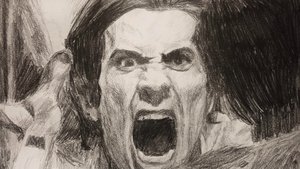
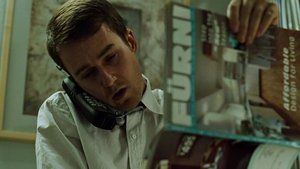

Misanthropy, the general dislike or distrust of humanity, is a fascinating and often unsettling theme explored frequently in cinema. It allows filmmakers to dissect societal flaws, individual trauma, and the psychological depths of characters who view the world through a lens of cynicism and contempt.
These characters aren't just villains; they are often complex figures whose detachment from or active disdain for others stems from deep-seated disillusionment, past hurt, or a perceived moral bankruptcy in the world around them. Think of the anti-heroes who critique society through violent acts or quiet alienation, forcing us to question our own connection to the human collective.
The films that tackle this theme often use it as a catalyst for intense psychological drama or sharp social commentary. They can be unsettling, thought-provoking, and occasionally darkly humorous, challenging the audience to empathize with (or at least understand) perspectives far removed from conventional morality. From gritty urban landscapes to isolated internal struggles, the cinematic exploration of misanthropy offers a stark mirror reflecting our own fears and societal anxieties. Prepare for a look at characters who find the world deeply wanting.
10. The Machinist (2004)
Christian Bale underwent a shocking physical transformation, losing over 60 pounds, to play Trevor Reznik, a factory worker suffering from chronic insomnia and severe weight loss. His psychological state deteriorates, leading to paranoia and a profound sense of isolation from his colleagues and anyone trying to get close to him. While the film's core mystery revolves around guilt and memory, Reznik's self-imposed exile and inability to connect with others due to his internal turmoil reflect a form of withdrawal and detachment that borders on misanthropy, fueled by his own suffering. The film's stark, desaturated look mirrors Reznik's bleak reality, creating a haunting and unsettling atmosphere.

9. The Girl with the Dragon Tattoo (2011)
This Swedish film (and later American remake) introduces Lisbeth Salander, a brilliant but deeply troubled computer hacker portrayed with fierce intensity by Noomi Rapace. Salander is a survivor of immense trauma, leading her to profoundly distrust most people and live an isolated life. While she forms a tentative connection with journalist Mikael Blomkvist (Michael Nyqvist), her interactions are often marked by suspicion and a reluctance to engage with the world, a understandable reaction rooted in past betrayals and societal failures. The film is a gripping mystery that delves into dark themes of violence against women and corruption, showcasing how profound suffering can lead to a defensive, almost misanthropic withdrawal from society.

8. No Country for Old Men (2007)
The Coen Brothers deliver a bleak and masterful modern Western based on Cormac McCarthy's novel. Javier Bardem won an Oscar for his terrifying portrayal of Anton Chigurh, a relentless and seemingly unstoppable killer with a chillingly detached view of life and death. Chigurh isn't motivated by greed or revenge in a conventional sense; his actions are dictated by a nihilistic philosophy and an almost complete lack of regard for human life, making him a chilling figure of pure, indifferent malice. The film's sparse dialogue and stark Texan landscape amplify its themes of fate, morality, and the encroaching darkness in the world. Chigurh embodies a force that simply is, with a profound absence of connection to humanity.

7. Gone Girl (2014)
Based on Gillian Flynn's bestselling novel and directed by David Fincher (yes, him again!), this psychological thriller explores the dark side of marriage and the masks people wear. Rosamund Pike is chillingly brilliant as Amy Dunne, a woman who disappears on her fifth wedding anniversary, making her husband (Ben Affleck) the prime suspect. Without giving anything away, Amy's actions reveal a deep-seated contempt for those around her, viewing people primarily as characters in her elaborate schemes rather than individuals with feelings. It's a complex narrative filled with twists, exploring themes of manipulation, identity, and the corrosive effects of resentment, showcasing a very personal, intense form of misanthropy within relationships.
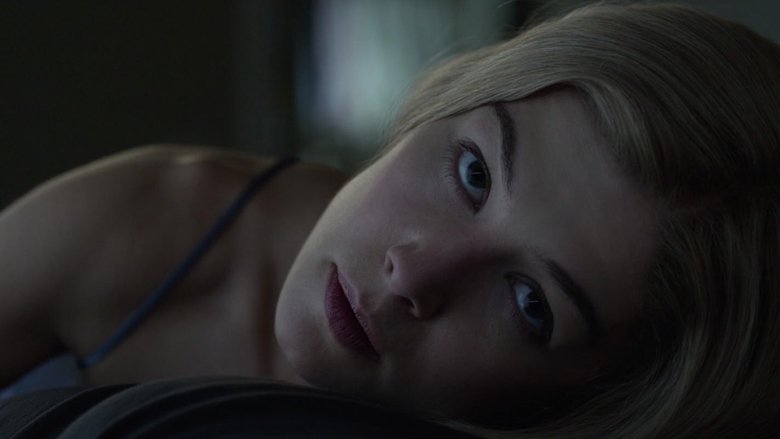
6. A Clockwork Orange (1971)
Stanley Kubrick's controversial adaptation of Anthony Burgess's novel plunges viewers into a dystopian future with Alex (Malcolm McDowell), the charismatic but utterly ruthless leader of a gang of 'droogs'. Their 'ultraviolence' is seemingly random and without motive beyond pleasure, a pure rejection of societal norms and empathy for others. The film explores themes of free will, state control, and the nature of good and evil through its shocking imagery and satirical tone. Burgess invented the unique slang, 'Nadsat', used by the characters, which blends Russian, Cockney rhyming slang, and other influences. It remains a powerful, unsettling, and darkly humorous look at youthful rebellion and a profound disregard for humanity.
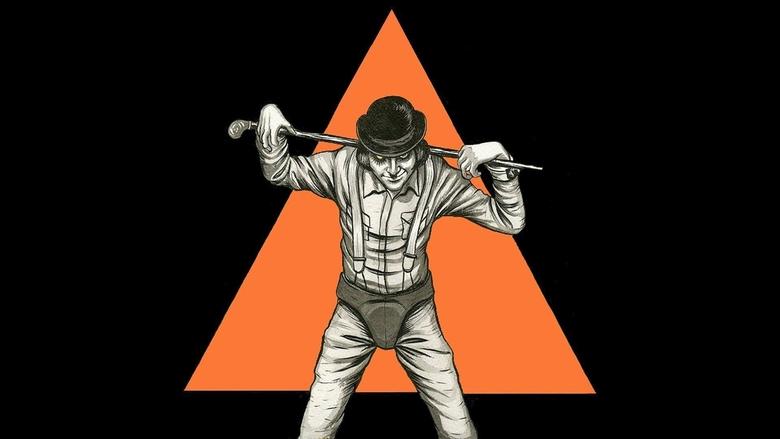
5. Se7en (1995)
Another Fincher masterpiece, this dark and atmospheric thriller pits two detectives – the weary, about-to-retire Somerset (Morgan Freeman) and the young, hot-headed Mills (Brad Pitt) – against a serial killer who uses the seven deadly sins as his motif. The killer, John Doe (Kevin Spacey in an uncredited but memorable role), is driven by an extreme form of misanthropy, believing humanity is corrupt and deserving of punishment. The film's gloomy, rain-soaked aesthetic and grim subject matter create an incredibly tense and oppressive mood. It's a masterclass in suspense, featuring incredible performances and a truly unforgettable ending that underscores the killer's profound disgust with the world.

4. Fight Club (1999)
David Fincher's cult classic is far more than just a movie about bare-knuckle brawling. Based on Chuck Palahniuk's novel, it stars Edward Norton as an unnamed narrator disillusioned with his mundane, consumerist life, and Brad Pitt as the charismatic, chaotic Tyler Durden. Their philosophical discussions and subsequent actions stem from a deep-seated critique and rejection of modern society, bordering on outright contempt for the status quo and the people trapped within it. The film's nonlinear narrative and striking visuals perfectly capture the characters' fractured state of mind. It's a provocative and thought-provoking film about identity, rebellion, and the destructive potential of feeling utterly disconnected from the world.

3. Nightcrawler (2014)
Jake Gyllenhaal gives a truly mesmerizing, unsettling performance as Lou Bloom, a driven and utterly amoral man who finds his calling as a freelance crime journalist in Los Angeles. Bloom is the embodiment of modern misanthropy – he doesn't just dislike people; he views them purely as means to an end, devoid of any emotional connection or ethical consideration. The film is a sharp, dark commentary on the media landscape and the lengths people will go to succeed in a cutthroat world. Gyllenhaal lost 30 pounds for the role to achieve Bloom's gaunt, hungry look, and his wide-eyed intensity is captivating. It's a thrilling and deeply disturbing character study that stays with you long after the credits roll, highlighting a chilling form of detachment from the human experience.

2. American Psycho (2000)
Step into the terrifyingly superficial world of Patrick Bateman, played with chilling perfection by Christian Bale in this adaptation of Bret Easton Ellis's controversial novel. Set during the opulent, materialistic 1980s, the film follows Bateman, a wealthy investment banker whose meticulously curated external life hides a complete lack of empathy and a disturbing inner world. His misanthropy isn't just philosophical; it's a driving force behind his horrific actions, viewed with unsettling detachment. The film masterfully uses dark humor and satire to critique consumer culture and toxic masculinity, making it both horrifying and strangely hilarious. Bale's commitment to the role is legendary, reportedly staying in character throughout the shoot. It's a bold, stylish, and unforgettable look at extreme narcissism and contempt for humanity.

1. Taxi Driver (1976)
Martin Scorsese's masterpiece is an absolute must-watch for anyone exploring the darker corners of the human psyche. Robert De Niro delivers a performance that is nothing short of iconic as Travis Bickle, a lonely, insomniac Vietnam veteran navigating the grimy, decaying streets of 1970s New York. His increasing alienation and disgust with the world around him fuel a descent into vigilante justice, making this film a profound study of isolation and urban decay. The atmosphere is thick with unease, thanks to Bernard Herrmann's haunting score (his last completed film score) and Michael Chapman's gritty cinematography. It's a challenging film, but its unflinching look at a man falling apart due to his profound disconnection from society makes it a timeless classic and a powerful exploration of misanthropy.
